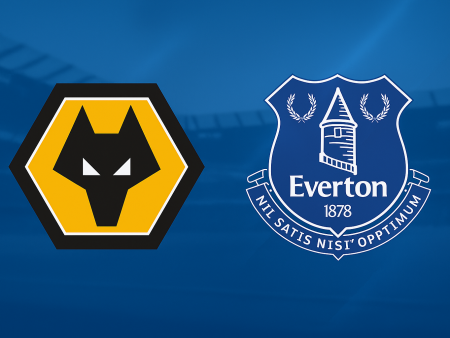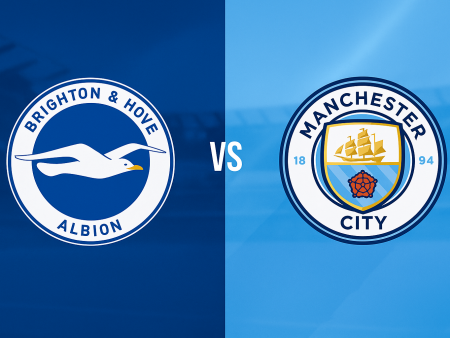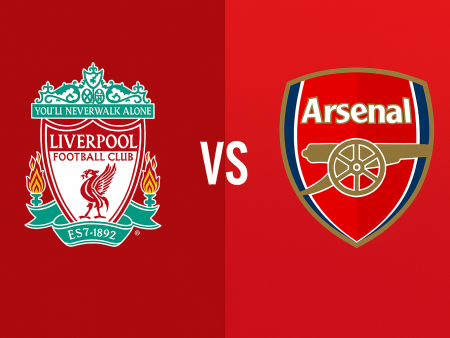Analyzing Top Candidates to Succeed Jose Mourinho at Tottenham Hotspur
The sudden departure of Jose Mourinho from Tottenham Hotspur just days before a crucial Carabao Cup Final left both the team and fans stunned. With interim manager Ryan Mason ultimately leading Spurs to defeat against Manchester City, attention has rapidly shifted toward who will step in as Tottenham’s next long-term manager. As some high-profile targets have taken new positions elsewhere, Tottenham faces a challenging search for a new leader who can meet their ambitions on and off the pitch. Below, we examine several potential candidates, evaluating what each might bring to the North London club both strategically and professionally.
Graham Potter: The Tactical Innovator
Among football circles, Graham Potter has quickly emerged as a popular option for the managerial vacancy at Tottenham. Initially not a frontrunner, his profile has grown as potential top targets like Erik Ten Hag, Julian Nagelsmann, and Jesse Marsch committed to new clubs. As Brighton & Hove Albion’s manager, Potter has developed a reputation for progressive, possession-based football and adaptable tactical setups. Under his stewardship, Brighton have conceded only 39 goals in 34 Premier League games this season, a testament to effective defensive organization and quick transitions.
Potter emphasizes teamwork and versatility, creating sides capable of swift ball recovery and creative passing play. His formation flexibility could help bring out the best in Tottenham’s squad and reinvigorate their playing style.
However, there are risks to his appointment. Moving from Brighton, a club regularly finishing in the lower half of the table, to Spurs-a team with Champions League aspirations-represents a significant leap. Potter’s top-flight win ratio stands at about 25%, which, while arguably skewed by Brighton’s resources, may give pause to a club seeking immediate results. Even so, his ability to overachieve with limited means suggests he could unlock the potential of Tottenham’s roster.
Maurizio Sarri: Proven Experience at the Elite Level
Maurizio Sarri, whose name has surfaced in connection with Tottenham, boasts an impressive track record at several top European clubs. His solitary season as Chelsea manager saw the club secure third in the Premier League, reach the EFL Cup final, and lift the UEFA Europa League trophy, resulting in a win percentage of 63%. Across spells at Napoli, Chelsea, and Juventus, Sarri consistently won over 60% of his matches and delivered an entertaining brand of football-typically favoring a fluid 4-3-3 or occasionally a 4-3-1-2 setup.
Sarri’s attacking philosophy could align with Spurs' desire to return to dynamic, possession-driven football. However, his recent short-term stays at both Chelsea and Juventus, despite relative success, have slightly clouded his reputation. There are also personal factors, such as family considerations, that could affect his willingness to return to English football. Securing Sarri could be difficult for Tottenham, but his combination of tactical sophistication and trophy-winning experience makes him a compelling option.
Scott Parker: The Club Connection
Scott Parker, a former Spurs midfielder, brings familiarity with the club and a growing reputation as a thoughtful young coach. After taking over at Fulham in 2019, Parker led the team to Premier League promotion. While Fulham now face a return to the Championship, Parker’s win percentage of 36% (which includes a full season in the Football League) suggests promise, though it’s less reflective of top-level success.
On the tactical front, Parker often implements a 4-2-3-1 formation, aligning with Tottenham’s recent systems. His defensive structure and ability to motivate players could instill stability. However, with limited experience and a still-developing managerial CV, he may be considered a long-term project rather than an immediate fix.
Eddie Howe: A Risky but Ambitious Choice
Eddie Howe has remained out of management for the 2020-21 campaign, reportedly waiting for the right opportunity. Once touted for positions at clubs such as Arsenal and Everton, Howe is often mentioned whenever a Premier League post becomes available-including Spurs. Despite his youth and a career win percentage of around 42%, much of Howe’s managerial experience came at AFC Bournemouth, where he guided the club from the lower leagues to the Premier League but ultimately oversaw their relegation before stepping down.
Howe favors a 4-3-3 formation, advocating possession and building from the back, qualities Tottenham supporters often crave. Still, the step up from relegated Bournemouth to an ambitious club like Spurs is considerable, and concerns around experience at the very highest level could work against him.
Oliver Glasner: The Undervalued Contender
Oliver Glasner’s name has yet to dominate conversations around Tottenham’s search, but the Austrian coach provides an intriguing alternative. After elevating LASK Linz from the second division to top-four finishes in Austria and leading Wolfsburg to their best Bundesliga showing in years, Glasner has proven his ability to transform squads and guide them to European competition.
Glasner’s style is characterized by intense, high-pressing football built on aggression, pace, and defensive solidity-qualities that could reinvigorate Tottenham’s approach. He regularly uses a flexible 4-2-3-1 formation but adapts to his players’ strengths. Glasner’s success qualifying for the UEFA Champions League (pending Wolfsburg's final league position) stands out among available candidates, combining strong defensive records with exciting attacking play.
With Glasner potentially leaving Wolfsburg and attracting attention from various clubs, Tottenham would be wise to consider him for his proven impact in top-level European competition.
Comparative Overview of Top Candidates
Below is a summarized comparison of the key managerial candidates discussed, focusing on their recent experience, primary tactical styles, and potential risks and rewards:
| Manager | Key Strengths | Main Concerns | Typical Tactical Approach | Recent Club Experience |
|---|---|---|---|---|
| Graham Potter | Defensive structure, tactical flexibility, player development | Limited top-flight experience, low win percentage | Flexible (often possession-based 3-4-2-1 or 4-2-3-1) | Brighton & Hove Albion |
| Maurizio Sarri | Elite-level success, attacking philosophy, trophy record | Short terms at recent clubs, potential reluctance to relocate | 4-3-3 / 4-3-1-2 (possession-based) | Chelsea, Juventus |
| Scott Parker | Club culture knowledge, defensive organisation, youth focus | Inexperienced at highest tier, mixed results in Premier League | 4-2-3-1 | Fulham |
| Eddie Howe | Attacking play, development over time, composed style | Lack of recent top-flight success, relegation experience | 4-3-3 (attacking & possession-focused) | Bournemouth |
| Oliver Glasner | High-press, strong defensive record, Champions League qualification | Less known in Premier League, new to English football | Flexible (usually 4-2-3-1, high intensity) | Wolfsburg |
Final Thoughts: Who Is Best Placed to Lead Tottenham Forward?
Selecting a successor to Jose Mourinho is a critical decision for Tottenham Hotspur as the club seeks a return to consistent European qualification and a rejuvenated playing identity. While Oliver Glasner impresses with his recent track record and tactical flexibility, his lack of Premier League familiarity may count against him in the shortlist.
Among domestic options, Graham Potter seems uniquely equipped to maximize Tottenham’s player resources and implement a modern, attractive footballing philosophy. Although less experienced at the very top, his work at Brighton showcases both innovation and the potential for overachievement. Maurizio Sarri, with his stature and previous success, would arguably provide the biggest name and most proven pedigree, though he appears a challenging acquisition.
Ultimately, Tottenham’s next manager must balance experience, tactical acumen, and the capacity to inspire both players and fans. With the leading names evaluated, Graham Potter stands out as a realistic and forward-thinking choice, representing the potential for Spurs to build a fresh and sustainable era.
Explore More Analysis
For further tactical insights and managerial analyses, you may enjoy:
- [Graham Potter - Brighton & Hove Albion - Tactical Analysis](https://themastermindsite.com/2021/02/01/graham-potter-brighton-hove-albion-tactical-analysis/)
- [Maurizio Sarri - Juventus - Tactical Analysis](https://themastermindsite.com/2020/01/12/maurizio-sarri-juventus-tactical-analysis/)
- [Scott Parker - Fulham - Tactical Analysis (2020-21)](https://themastermindsite.com/2021/02/19/scott-parker-fulham-tactical-analysis-2020-21/)
- [Oliver Glasner - VFL Wolfsburg - Tactical Analysis](https://themastermindsite.com/2021/04/23/oliver-glasner-vfl-wolfsburg-tactical-analysis/)
Whether you favor experience, innovation, or club heritage, the race for the Tottenham Hotspur hot seat promises intrigue and debate among supporters and pundits alike.













